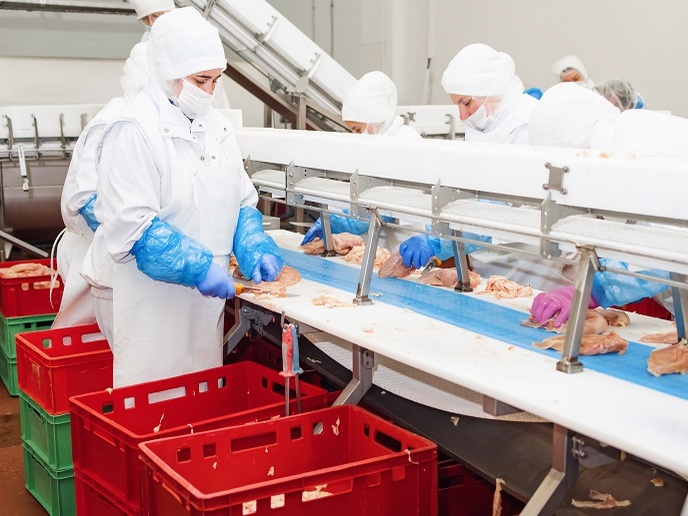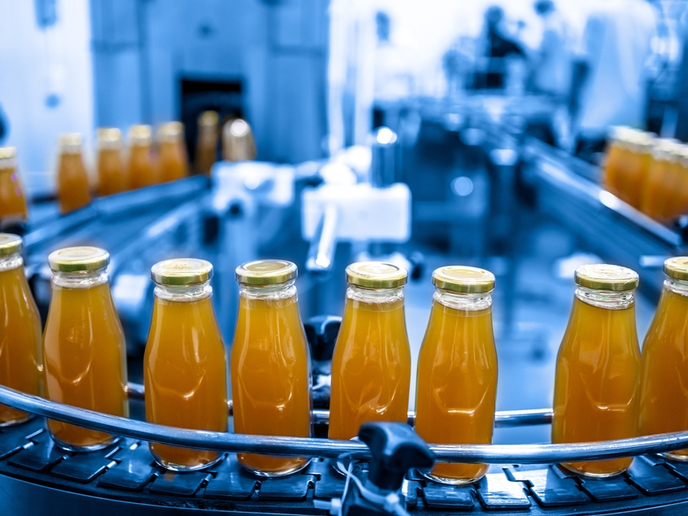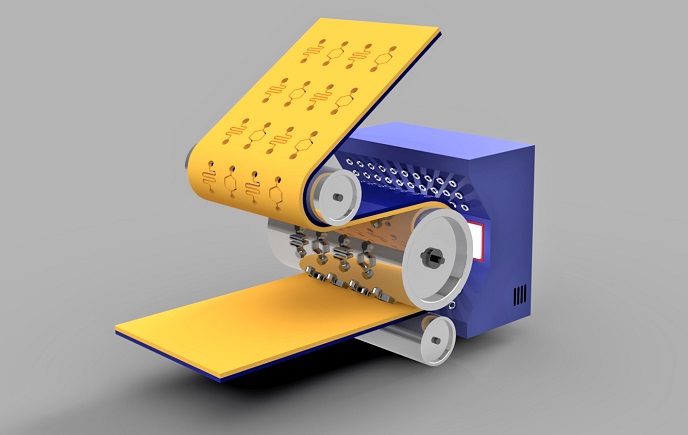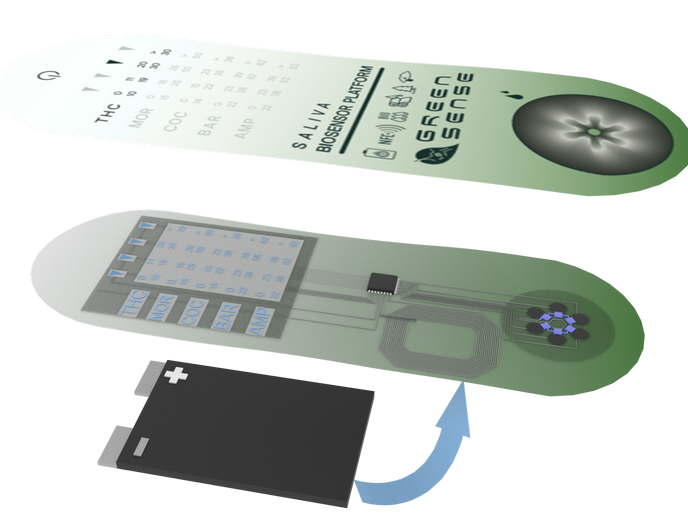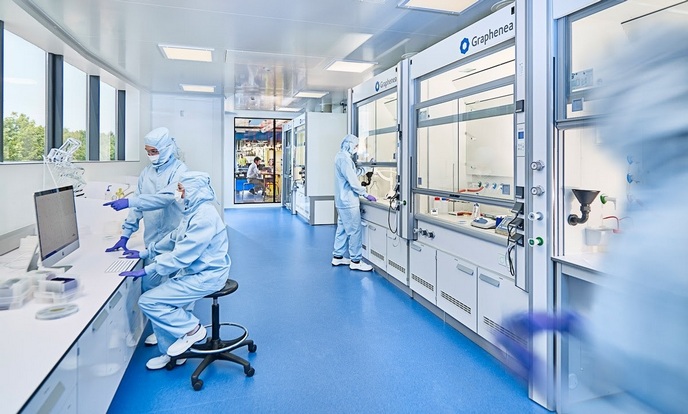Fast, simple and inexpensive on-site food nitrite monitoring
Nitrites are commonly used to extend the shelf life of perishable foods, enhancing food safety by hindering the growth of harmful microorganisms, including Clostridium botulinum, which is responsible for life threatening botulism (caused by neurotoxins). While nitrites can keep our foods safer, they can also interact with amines to form carcinogenic nitrosamine compounds. As a result, the use of nitrites is strictly regulated. Current methods for monitoring the nitrite level in food products, such as spectrophotometry or high-performance liquid chromatography, are time-consuming and require expensive equipment, skilled personnel and the use of hazardous chemicals. With the support of the Marie Skłodowska-Curie Actions (MSCA) programme, the SOON project has delivered a nitrite biosensor that enables fast, cost-effective, on-site detection of nitrite in food products. The quality control tool will ensure nitrite levels are harmful for bacteria but not for consumers.
Screen-printed nitrite biosensor electrodes
Screen printing, also known as silkscreen printing, is one of the oldest printing techniques. It relies on transferring a stencilled design onto a surface by pressing ink through a mesh screen. Screen printing falls under the umbrella of additive manufacturing because repeating the process with different colours or materials enables adding layers for aesthetics or functionality. While t-shirts might be the first product to come to mind, electronics manufacturing relies heavily on screen printing, implemented for mass production via automation. The nitrite biosensors developed in the SOON project harness this centuries-old technique. According to project coordinator Oscar A. Loaiza F. of BIOLAN and MSCA fellow: “The disposable test strip implements a screen-printed electrode with a biological element that reacts with nitrite. The reaction produces a small electrical current whose intensity is proportional to the sample’s nitrite concentration. The reader records the current, calculates the nitrite concentration and displays the results in less than a minute.”
Ready to support HACCP
The internationally recognised hazard analysis and critical control point (HACCP) methodology is a systematic management system for addressing preventative food safety issues during production. It relies on the analysis and control of biological, chemical and physical threats at identified critical control points (CCPs) throughout the food production and processing chain. “SOON’s ultrafast nitrite biosensor will allow easy nitrite analysis at any of the CCPs of the food processing line without the need to send samples to a centralised laboratory,” explains Loaiza.
Expanding BIOLAN’s portfolio of sustainable analytical solutions
“The quality control tool for nitrite detection in food products expands the food safety analytical toolbox with a positive impact on BIOLAN, the European food industry and consumers. Further, the project enabled us to explore eco-friendly manufacturing processes, which will pave the way to the fabrication of transformative analytical solutions that ensure a minimum impact on the environment,” states Loaiza. Loaiza and his colleagues have optimised the manufacturing process, reducing both its costs and time, setting the stage for market launch. Following project completion, Loaiza joined the BIOLAN team in the electrochemistry department. The SOON project has strengthened the BIOLAN community and its development of next-generation biosensors with significant benefits for European competitiveness and the health and wellbeing of Europe’s citizens.
Keywords
SOON, nitrite, food, biosensor, screen printing, food safety, critical control points, CCP, HACCP, quality control



